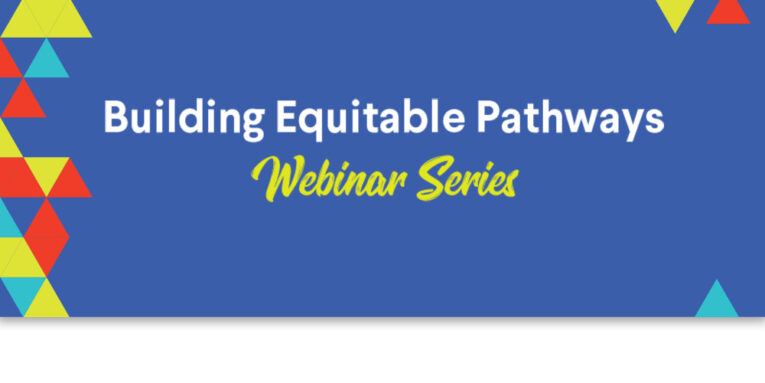About the Series
Launched in 2019, the Building Equitable Pathways initiative brought together JFF and seven leading intermediary organizations to support Black and Latinx youth and young people experiencing poverty in exercising self-determination and building rewarding and engaging futures. Together, these organizations committed to testing six hypotheses about how to effectively guide the development of more equitable college and career pathways.
Intermediaries are essential to driving cross-sector collaboration required for building equitable pathways systems and scaling work-based learning. They play a key role in bringing together leaders in K-12 and postsecondary education, industry, and government to forge partnerships, craft strategies and innovative solutions, and source funding to develop truly equitable college and career pathways systems.
Critical to our work is an explicit inquiry about the challenges we face as a field to embed equitable values, policies, and practices at the heart of an intermediary’s work to build pathways systems:
- How might we ensure that Black and Latinx youth and young people who are experiencing poverty have access to the information, support, and experiences they need to make informed choices for their futures?
- How might we dramatically increase the number of young people who have the agency, social capital, skills, and credentials needed to thrive in the workforce and in life?
- What does a deep commitment to diversity, equity, and inclusion in the design, process, and outcomes of education to career pathways look like in policy and practice?
This webinar series is designed to share what we have learned, and provoke a national conversation, with pathways ecosystem stakeholders about what it will take to bring about a true reimagining of how we prepare youth for careers in today’s world. The content of these webinars are relevant and engaging for intermediary and community-based organizations, K-12 and postsecondary education leaders, employers, governmental and elected officials, and policymakers and advocates.


